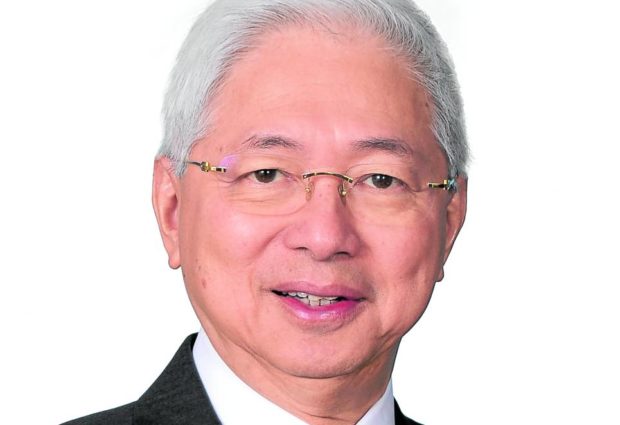RCEP needed to turn PH into a manufacturing hub, says Trade chief
Trade Secretary Alfredo Pascual says that the Philippines’ ratification of the Regional Comprehensive Economic Partnership (RCEP) is a vital part of the government’s push to make the country a more preferable manufacturing hub in the region.
“Many investors are looking for manufacturing hubs in the region. And the Philippines is not the only option. We need to compete with the others. So, if we do not have what the others have, like membership in the RCEP, we are at a disadvantage,” Pascual says in a televised interview.
The trade chief says that joining the RCEP will allow the Philippines to entice investors to invest in the Philippines’ manufacturing sector to gain greater access other Association of Southeast Asian Nations (Asean) economies.
Through the RCEP, the Philippines will also be able to offer greater access to investors who are interested in non-Asean countries that have joined the regional trade agreement. These include China, Japan, South Korea, New Zealand and Australia, according to the trade chief.
RCEP is a free trade pact between all Asean member states, as well as six of the regional bloc’s trade partners. Touted as the world’s largest free trade agreement, it will provide preferential trade arrangements by lowering or eliminating import duties among participating countries, as well as widening their market access.
Article continues after this advertisementFurther, Pascual says he expects that the Senate will give their concurrence on the RCEP within the year.
Article continues after this advertisementThe RCEP had been ratified by Malacanang in September of 2021, during the time of former President Rodrigo Duterte.
It has since then languished at the Philippine Senate due to concerns from a number of agriculture groups vehemently opposing it, seeing the negative impact it may cause the local agriculture sector. INQ
